Amazon Backed Media Report Pressures Indian Film & Television Companies To Push “Diversity & Inclusion”
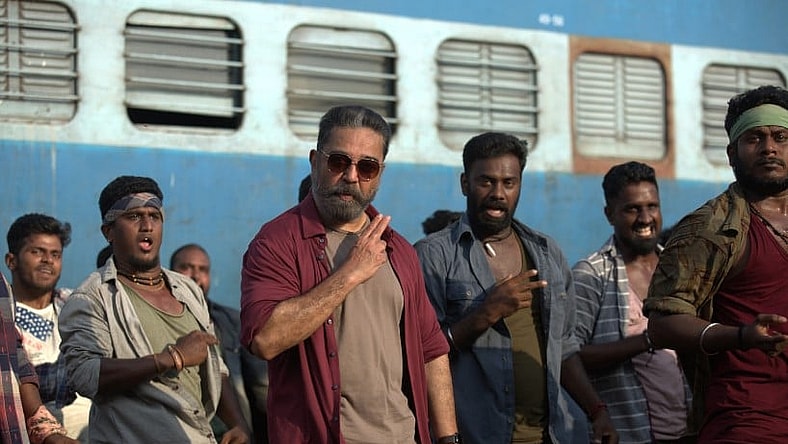
The same woke virus that has affected the American film industry with “diversity and inclusion” propaganda now has a new target – India.

Media watchdogs have spend the last 5-10 years analysing just how diverse and inclusive modern television shows and movies have become. As a result, many of the major entertainment giants such as Disney, NBC Universal, and Netflix have mandated “Diversity & Inclusion” quotas and officers in order to ensure progressive hiring standards in front and behind the camera.
Amazon Prime Video, working with Indian media consulting firm Ormax Media and Film Companion has released a new report that targets the lack of diversity in Indian cinema, especially women on screen. The report took into consideration a total of 100 films and 50 series released in 2021 across eight Indian languages – Hindi, Telugu, Tamil, Malayalam, Kannada, Punjabi, Bengali and Gujarati.
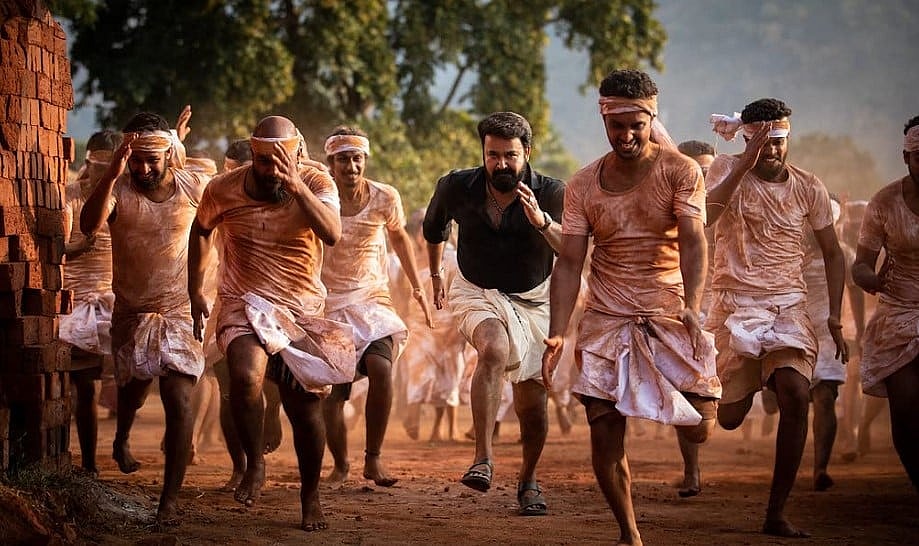
Per the report, out of the 56 theatrical Indian films analyzed across languages, not one was directed or edited by a woman. The report continues to complain that only 10% of senior leadership roles in major media and entertainment houses were held by women.
The report goes into deeper detail about the lack of inclusivity within the Indian ranks of cinema and entertainment, using progressive metrics such as “the Bechdel Test,” which tracks whether two female characters have a conversation about something other than a man.
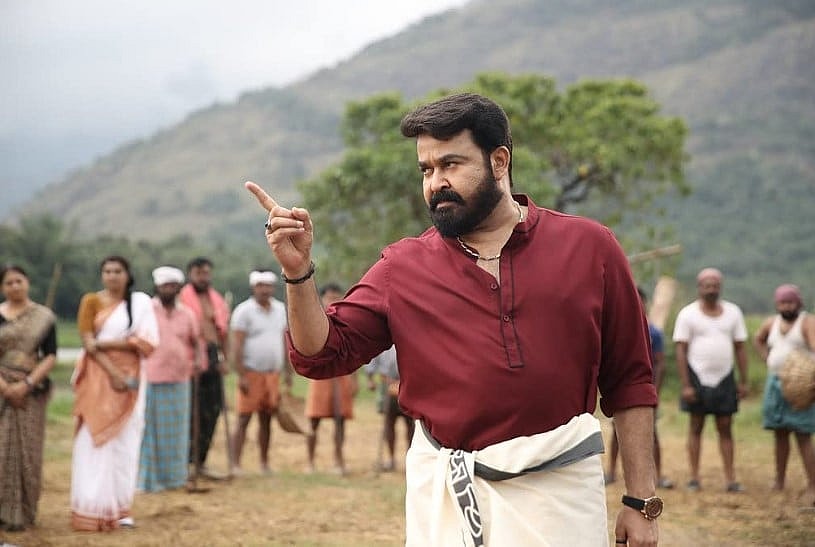
Only 55% of the films and series passed the Bechdel Test. In promotional trailers, women had only 25% talk time, with 48 titles allocating 10 seconds or less to female characters.
The percentage of female HODs doubled when a woman was responsible for greenlighting a series or a film. Similarly, a higher percentage of films passed the Bechdel Test (68%), and women had higher trailer talk time (35%) if the title was commissioned by a woman.
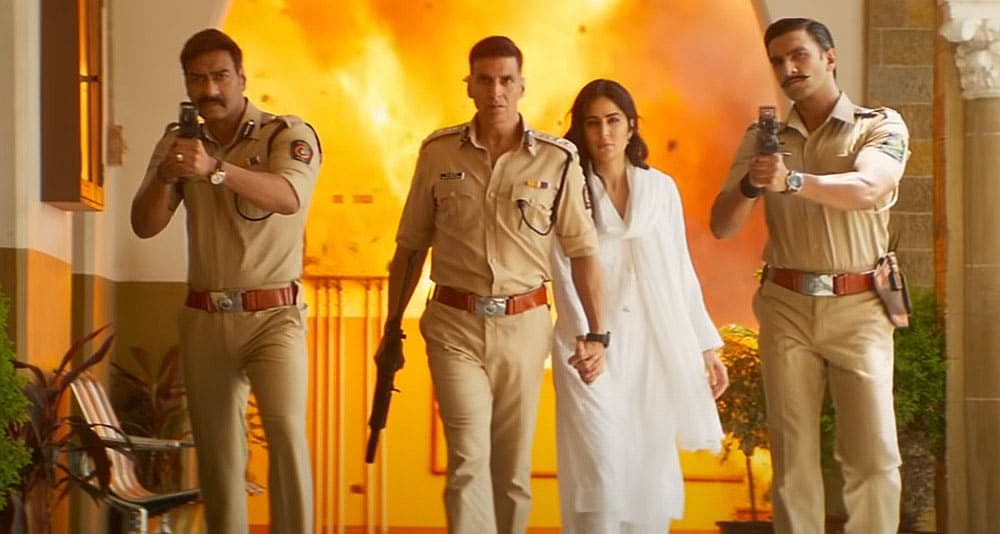
Streaming films and series scored better than theatrical films across all parameters, indicating the ongoing change the sector is ushering in female representation on- and off-screen. Representation of female HODs in streaming films and series was five times higher than in theatrical films. Similarly, 64% of streaming series and 55% of streaming films passed the Bechdel Test, while more than half of theatrical films failed it.
Likewise, streaming films and series provided more talk time to female characters in trailers, leading theatrical films by 10 percentage points and 14 percentage points respectively. Shailesh Kapoor, founder-CEO of Ormax Media says that the report should be a wake-up call to Indian filmmakers to make their content more inclusive to women.
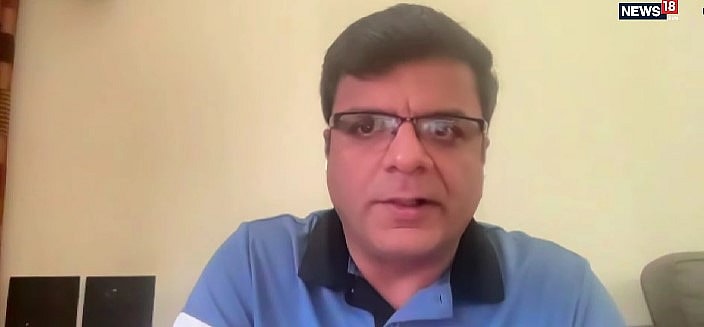
“While it’s no surprise that female representation in mainstream entertainment is low, the degree of skew, such as 10:90 on some key parameters, should be a wake-up call. While streaming titles, especially series, are more women-inclusive in on and off-screen representation, theatrical films continue to perform very poorly, and in fact, have shown no positive growth at all since the previous report, which covered content released in 2019 and 2020.”
He went to continue, “We hope that this report serves as a starting point for the industry to come together and discuss ways to address the evident imbalance.” Last year, CBS made the announcement that they would target of at least 50% representation of black, indigenous and people of color (BIPOC) across all casts for future unscripted series.
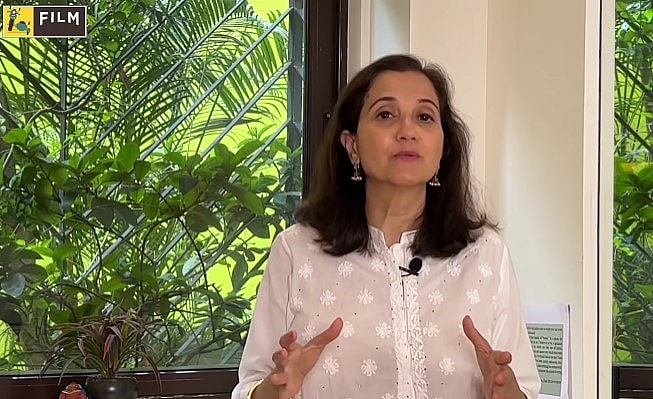
Earlier this year, British network ITV has forged an £80M ($105M) Diversity Commissioning Fund to be spent over the next three years on shows produced by or related to black, Asian and minority ethnic or disabled people.
Similar diversity mandates have been handed down in entertainment industries such as video games and comic books as well. Anupama Chopra, founder and editor of Film Companion says that the data that they compelled is essential to understanding how drastically skewed the gender equation in the Indian film industry is.
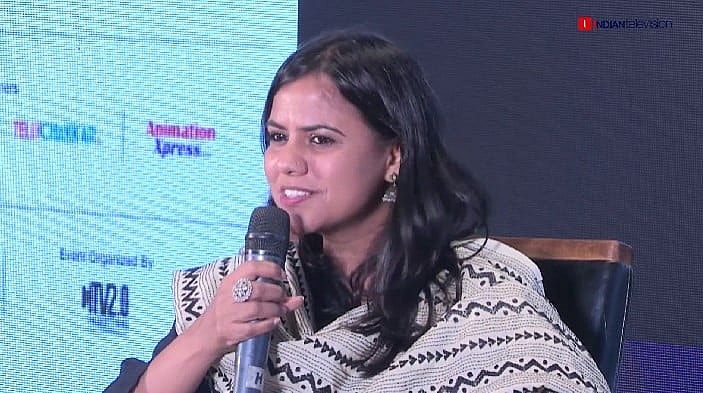
Aparna Purohit, the head of India originals for Amazon Prime Video says that Indian cinema must enact diversity quotas similar to those that exist for Amazon original programming.
“At Prime Video, we have rolled out an inclusion policy playbook that has institutionalized certain guidelines to ensure just female representation on and off-screen. These range from mandatory female representation in writers’ rooms, and evaluating every script on specific parameters. I am certain that streaming is going to further lead the charge on diversity, equity and inclusivity in Indian entertainment.”

As of this writing, it is unknown how Hollywood entertainment studios will respond to the report and pleas for more diversity within their sector. What are your thoughts on the push to make Indian films more progressive?
